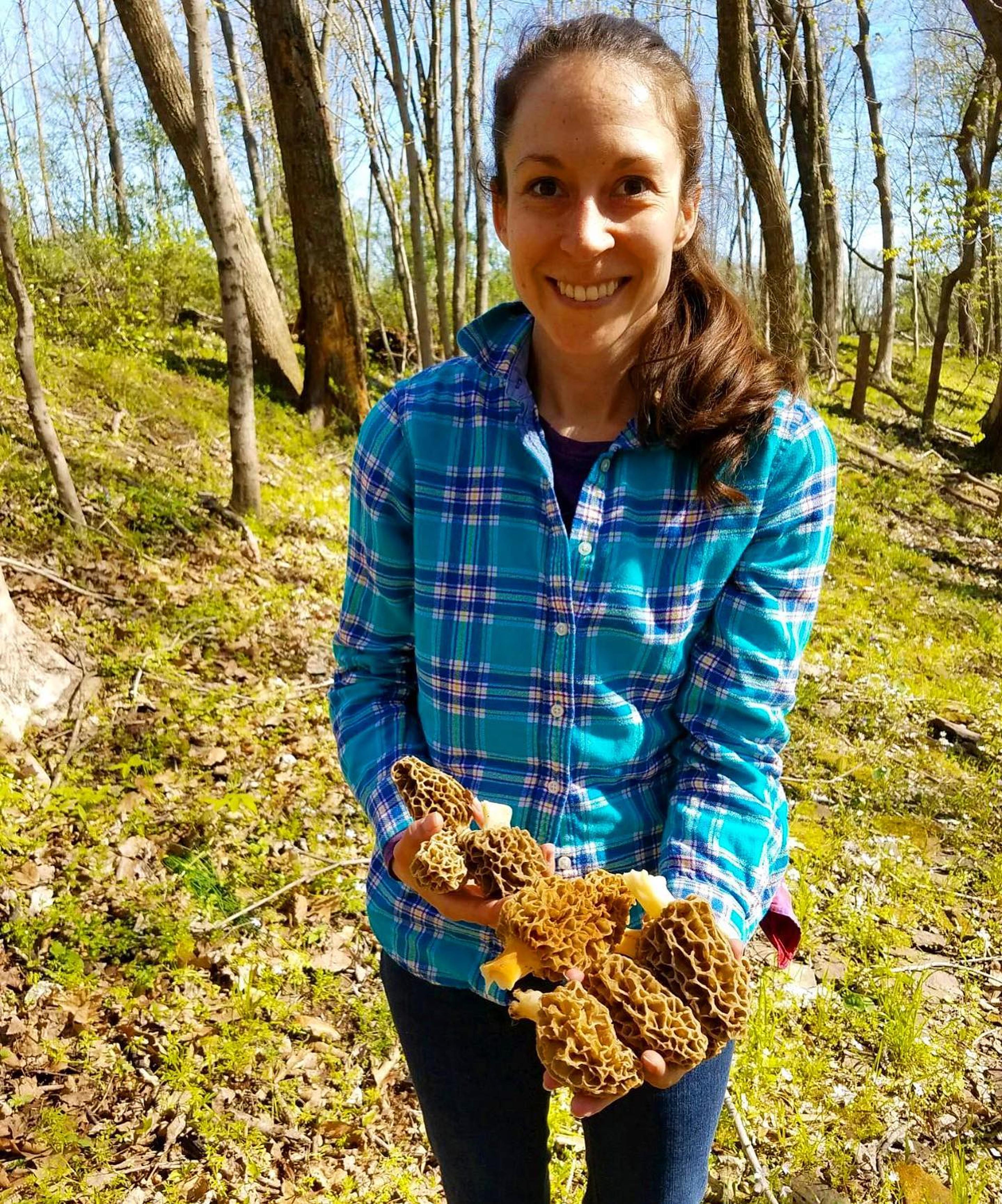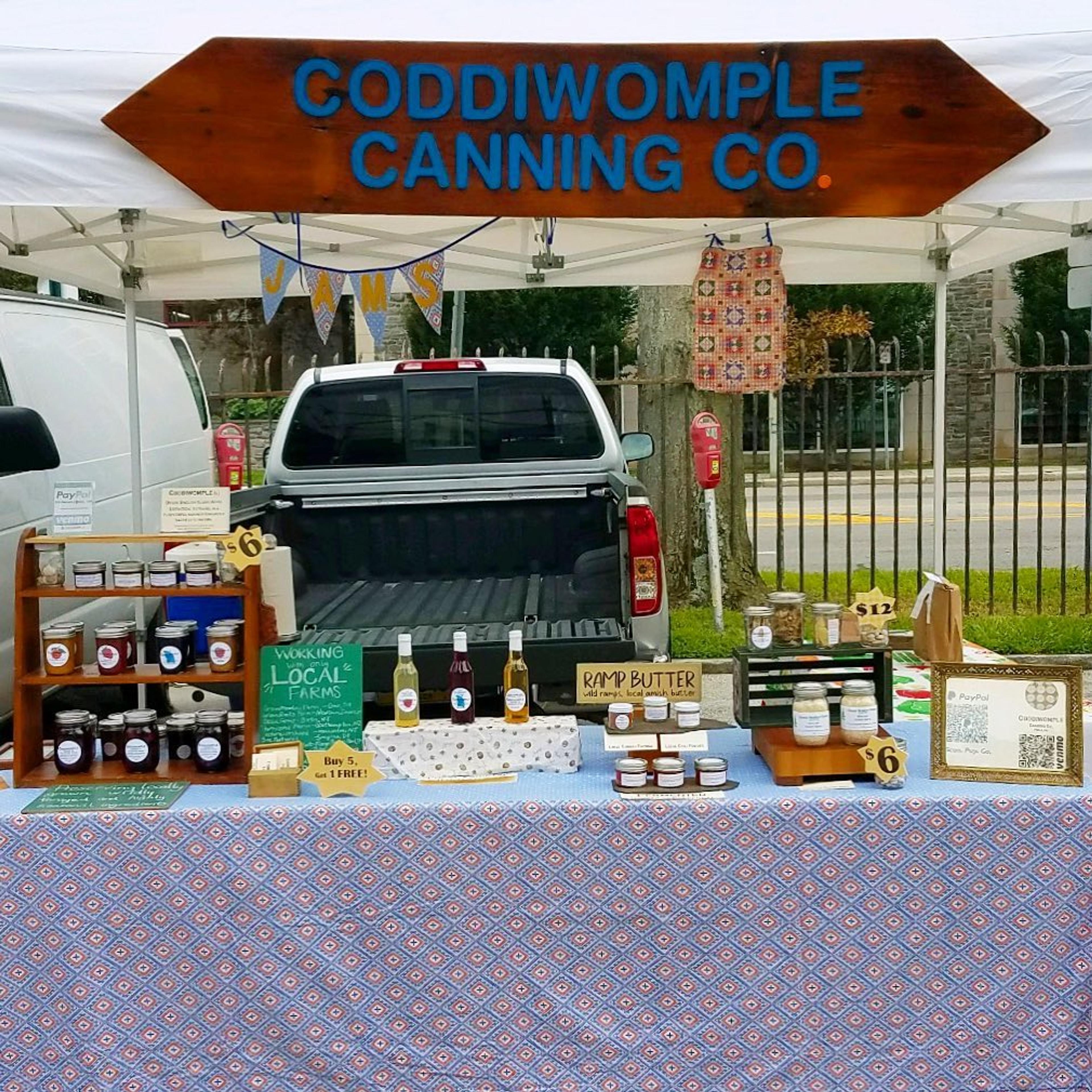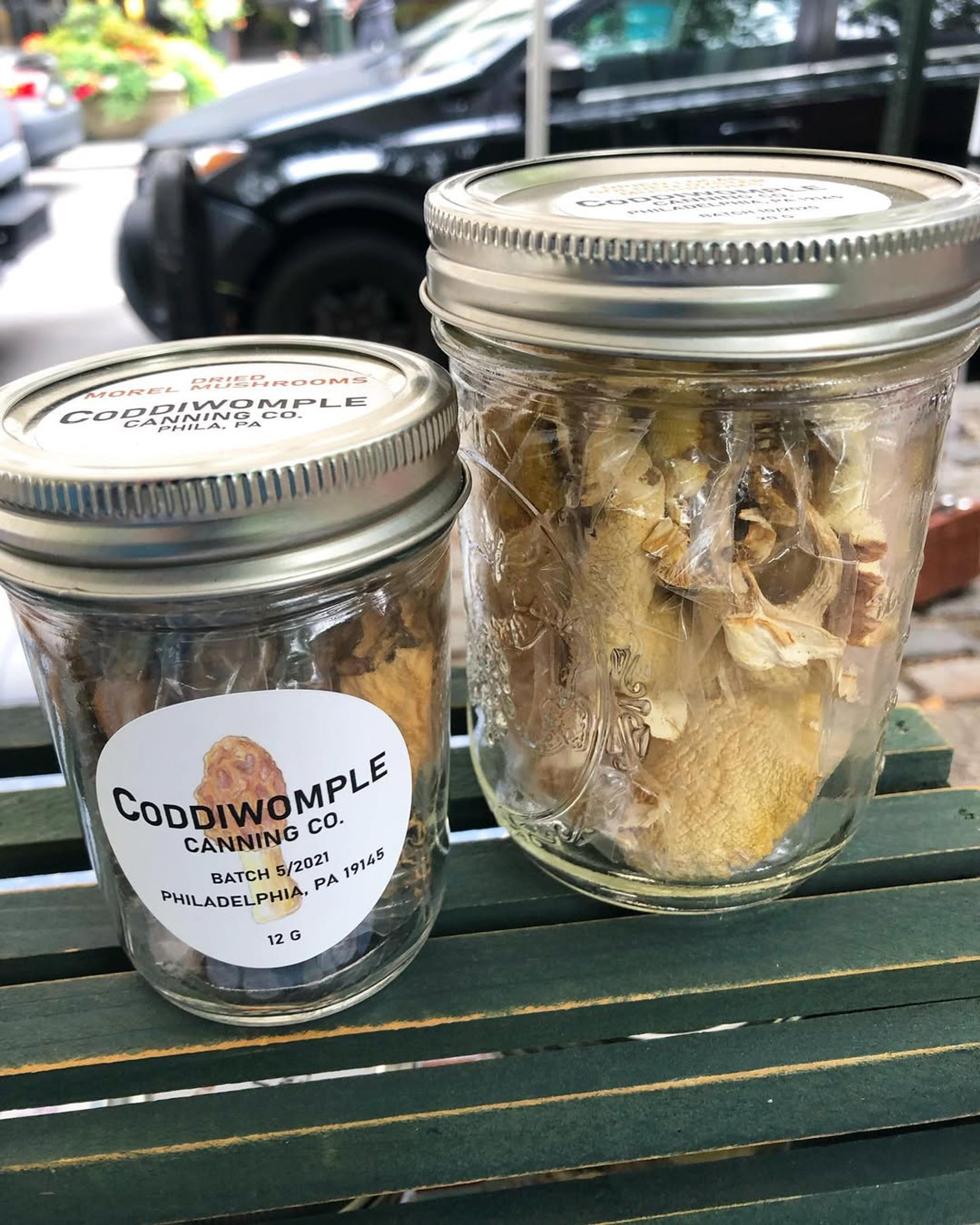Kimberly and Brian transitioned from busy careers in the Philadelphia restaurant industry to founding Coddiwomple Canning Company, a custom food preservation business in Lancaster County, Pennsylvania. Their journey began as a hobby, making jams and jellies for high-end farm markets, but quickly evolved when local farmers began asking if they could process unsellable produce.
"We moved from the restaurant world to canning via a hobby switch," Kimberly explains. "We started making jams and jellies and selling them in Philadelphia high-end farm markets. It kept growing and doubling in sales."
What makes their operation unique is its focus on "recovery processing"—transforming produce that would otherwise go to waste due to cosmetic imperfections or storm damage into value-added products that farmers can sell. Their service helps farmers recoup losses while extending the availability of local food throughout the year.
"We make them sauerkraut, kimchi, hot sauce, pickles, relishes, jams, dehydrated herbs, garlic powder, onion powder... whatever makes sense for the farm," Kimberly says. The name "Coddiwomple" aptly means "to travel with purpose towards a vague destination"—reflecting their flexible, customized approach to food preservation.

The Challenge
As first-time business owners coming from restaurant backgrounds, Kimberly and Brian found themselves navigating unfamiliar territory. "I wasn't entrepreneurial. This was just making jam. I just like hospitality and customer service," Kimberly recalls.
Their custom business model created financial complexity. Each farm has unique needs based on their market channels and customer base, requiring Coddiwomple Canning Company to maintain different pricing structures for varying levels of food preparation. Keeping track of all these variables while managing invoices and expenses became increasingly difficult.
Additionally, as a startup, they operated on tight margins with no room for error. "We're happily running on a cash basis still," Kimberly notes. This made financial clarity critical, especially when applying for grants to purchase equipment that would increase their processing capacity.
Their initial solution—QuickBooks—proved both expensive and inadequate. "I was using QuickBooks only mainly for invoicing and saving my items. The fees were incredible. On an invoice that is $1300, I would be charged $45, and then pay a monthly subscription on top of that," she explains.
The Solution
After experiencing the limitations of QuickBooks, Kimberly discovered Ambrook through social media and decided to make the switch. "The main push was we needed to know what to keep track of, and this would help us," she explains.
The platform's agriculture-specific design and mobile capabilities were key selling points. "Being able to start generating invoices that were attached to the preservation service income, and then as I bought stuff for the canning procedures, I could balance them out," she says.
Most importantly, the affordable pricing made financial management accessible for their small business. "We knew we needed to keep track of everything for when we handed it over to a lender, an accountant, an investor, anyone that liked the idea."

The Results
In their first year using Ambrook, Coddiwomple Canning Company doubled their sales while building relationships with around 50 farms across their region. The platform became especially valuable for quick, accurate customer quotes—a critical part of their business.
"I am able in real time to pull up the mobile app and scroll through any of the variations that I have and give a realistic range," Kimberly explains. "Being able to be accurate with my quotes so that I don't lose money but also don't lose the opportunity for the sale."
The visibility into their finances also empowered smarter decision-making. "At the end of last year we were able to spend down a lot of our profit, being able to see it in real time and know what it was before the calendar year-end. We were able to buy an extra table and buy a mixer."
Perhaps the most meaningful result has been the confidence to advocate for better financial management within the agricultural community. At a recent women in agriculture event, Kimberly was the only one who raised her hand when asked who had a good handle on their cash flow. Using a platform that allows her to “have a finger on the pulse” has made her an enthusiastic ambassador for Ambrook among her network of farmers.

Looking Forward
As Coddiwomple Canning Company continues to grow, they're positioned to help more farmers transform potential food waste into revenue. "We produced 20 tons of produce that would have been food waste," Kimberly notes about their impact.
Their operation is set to expand with equipment purchased through a USDA grant, including a filling machine that would increase their capacity by approximately 45%. Kimberly plans to use Ambrook to track these grant-related expenses, having set up a dedicated enterprise within the platform.
Kimberly remains committed to thoughtful growth that prioritizes their farmers' needs: "I have paralysis and fear of making a move, making a purchase, changing a business idea that won't serve who I'm trying to help, which are these farmers. So I've been happy with the slower growth and that really tentative, really small operation just so we don't go somewhere we shouldn't be going."
For Kimberly, the value of Ambrook extends beyond mere bookkeeping—it provides peace of mind that allows her to focus on her mission of helping farmers recoup value from food that would otherwise go to waste. "You're putting off looking into taxes, bookkeeping, the future five-year plan. Am I even making money on this thing I love? Those are all really hard, heavy questions. And using the platform is so easy and interactive that you're able to get the answers you want in real time."
Gain clarity on your cash flow